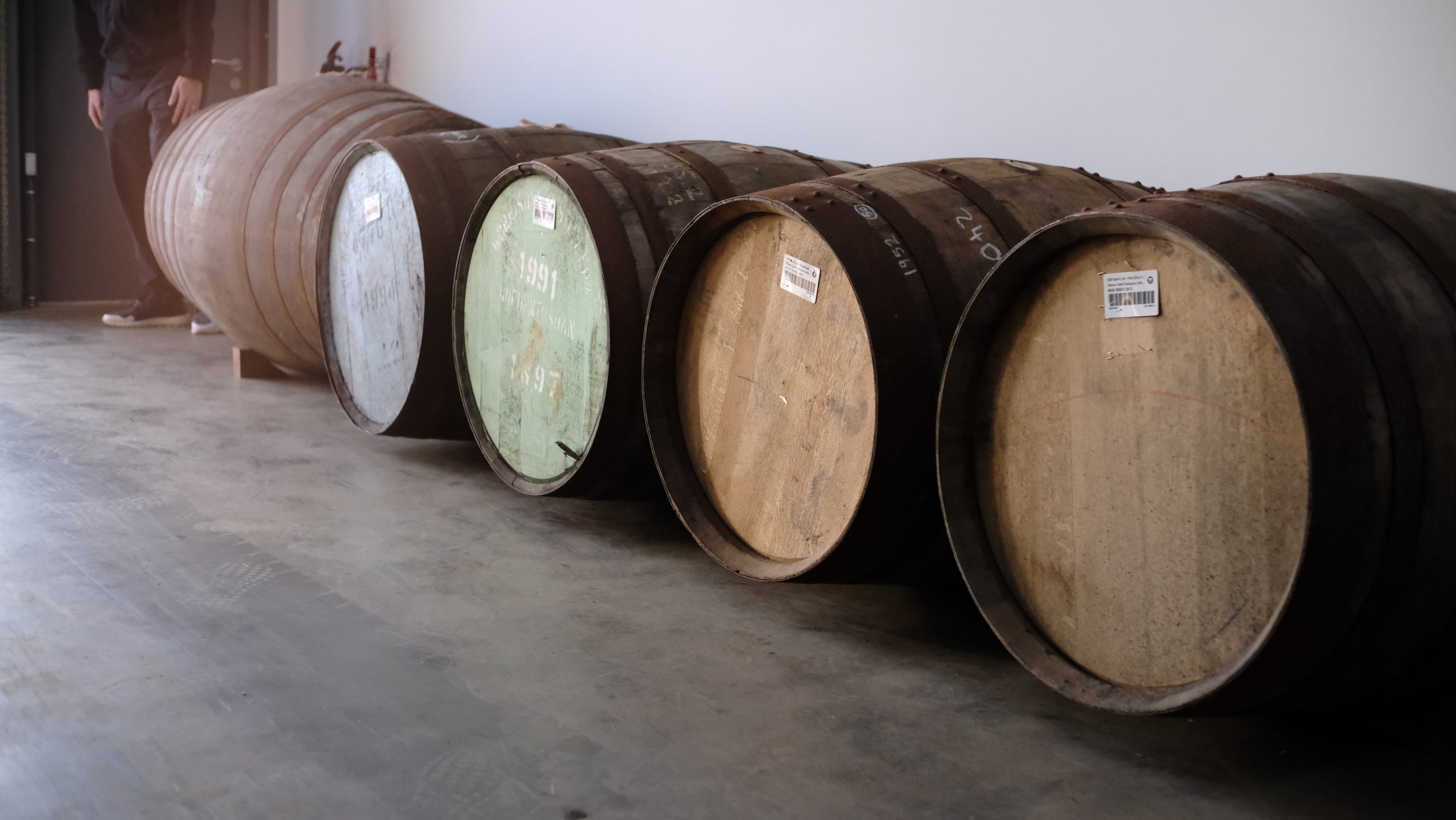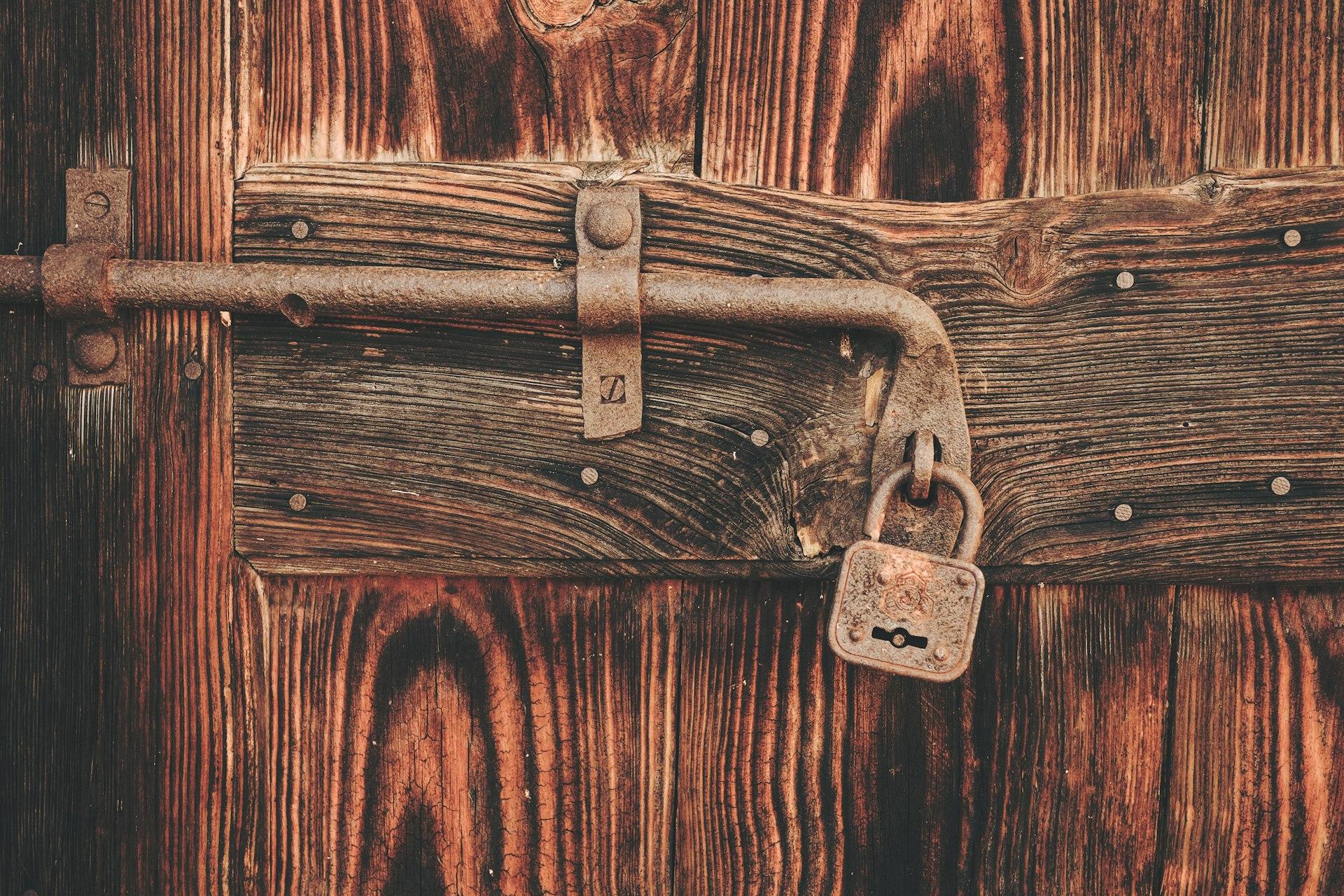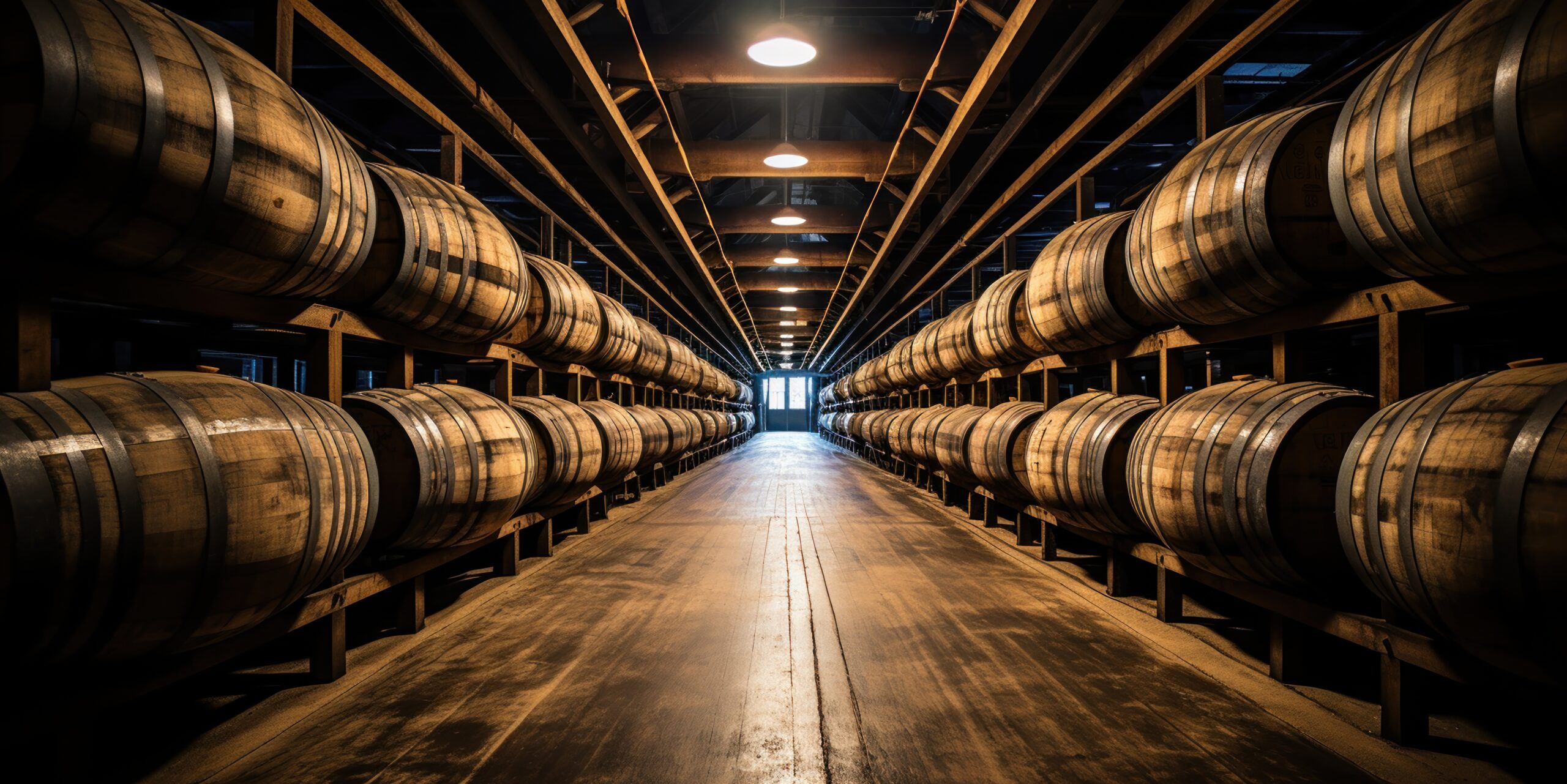The Uncomplicated Version
The Delivery Order (DO) remains the primary document for tracking cask ownership between owners and warehouses in Scotland. It provides owners complete access to owned cask including regauges, sampling and bottling. It also provides owners with more exit options because their DO isn’t held by a single intermediary or broker.
In recent times, ownership still leans very heavily on using DOs to prove ownership, however in the eyes of the law, ownership now heavily considers contracts and agreements between buyer and seller in relation to matters of cask ownership.
7 August 2024
Reason 1: It’s still the document being used by HMRC-approved Warehouses.
A Delivery Order, or a “DO”, is a document that keeps track of Whisky Casks and their movements between the various storage warehouses around Scotland.
It outlines:
- The details of the cask (e.g. Cask Number, Distillery, ABV, and volume);
- The destination warehouse location; and
III: The owner.
Any changes made to a cask relating to the above 3, should be recorded on the latest DO and reported to HM Revenue and Customs (HMRC) to complete the audit trail. While primarily used as a logistics document, the information kept within the DO has meant that it has been made the de facto “Ownership Deed” for Private Cask owners.
Reason 2: It gives you access to your cask
Let’s face it. As a cask owner, you want to have full control of your cask including regauging, sampling or visiting your barrel for a kiss (yes, we have heard instances of this happening).
Warehouses will only entertain your notion if you have the DO to your cask. It is oftentimes the gateway to opening your own storage account with the warehouse where you can manage the admin side of things such as storage, insurance and bottling options.
Reason 3: The DO will grant you exit options
Beyond all the exciting things you can do as a cask owner, the DO will be one of the first documents requested if you’re looking to sell your cask via a whisky broker, auction, private sale or a bottler.
It’s not uncommon for cask owners to go through an intermediary such as a whisky cask broker whereby the DO is withheld, incomplete or charged extra for obtaining. One exposure here is that without the DO, your exit options are at the mercy of the intermediary who by rights, holds the access in the eyes of the warehouse.
Over the years though, the weight of the DO has shifted and their use in the market is not as they once were…
1 Reason why the Delivery Order is not as relevant as it used to be…
Let’s be clear – we think the DO is still the cask market’s best solution to prove cask ownership and control for all the reasons mentioned above.
Traditionally, the DO was the only means to transfer legal title from the seller to the new owner vis-a-vis the bonded warehouse. This prescriptive transfer of ownership was repealed under the Finance Act 2006 (Source: Brodies LLP).
Since 2006, the HMRC Excise Notice 197 stated that any cask ownership required the warehouses to notify the HMRC of any changes of ownership and movements. As a result, there was less of an onus for warehouses to police and issue cask ownership in a market with a growing number of buyers and sellers.
Instead of scrapping the DOs, warehouses opted to keep them as they already contained necessary info and repurpose them as an internal document to communicate stock movement between warehouses.
…But what did this mean for cask ownership?
Well, this is where we lean on a classic purchase agreement and invoice to shift the onus of title transfer to the sellers. In the case of a cask sale, it’s expected that the seller has legal rights or can obtain legal rights to sell a product of which they can transfer the title to a purchaser.
The same way you would expect a seller of a house or a real estate agent to have rights to a deed transfer, we’d expect the same of a cask seller can offer you the same comfort.
In summary:
- DOs are the Cask Market’s defacto ownership deed which allows cask owners full control over the cask including transfer of ownership; and
- A shift in 2006 has meant the DOs are no longer the only legal document to prove ownership but rather a supplementing document. A more holistic approach should be taken when considering owning the cask including the contractual arrangement between the seller and buyer.
Take a look at our article on 3 things you should check for with a Cask DO to find out more or give us a call to learn more about the process.



